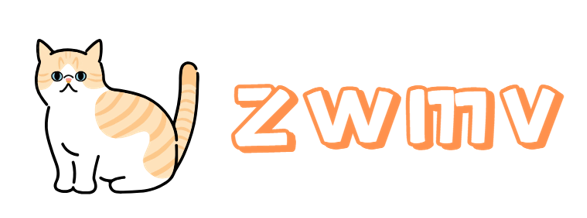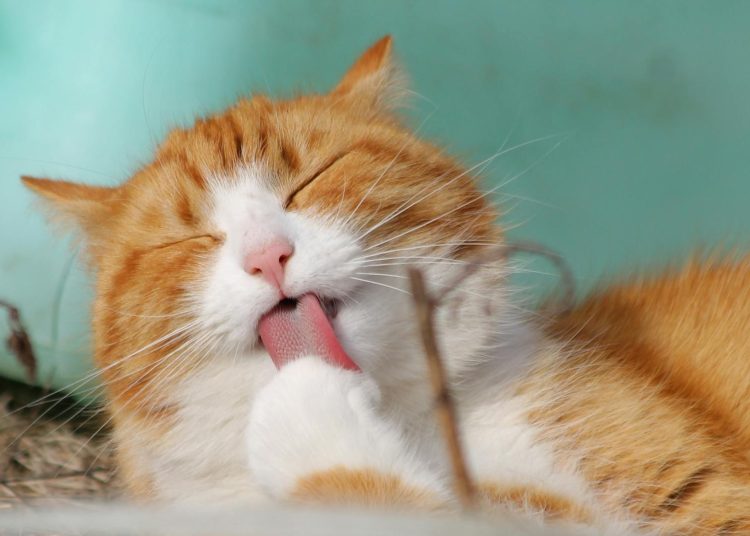Grooming is an important part of keeping any pet healthy and happy, and this includes exotic pets like reptiles, birds, and small mammals. Exotic pets have unique grooming needs that differ greatly from those of dogs and cats, requiring specialized knowledge and care. Whether you’re caring for a bearded dragon, a parrot, or a guinea pig, understanding how to meet their grooming needs is key to ensuring their well-being. This guide covers the basics of grooming for various exotic pets, providing practical tips to help keep them healthy and comfortable.
1. Grooming Reptiles: Maintaining Health and Hygiene
Reptiles, such as bearded dragons, snakes, and turtles, have very specific grooming needs. While they don’t require brushing or trimming like mammals, maintaining proper hygiene is still essential.
- Shedding: Many reptiles, such as snakes and lizards, shed their skin periodically. It is important to ensure they have the proper environment to shed effectively. For snakes, providing a humidity box can help maintain the right level of moisture for shedding. For lizards, misting their enclosure and offering rough surfaces, such as branches or rocks, can help them remove old skin.
- Bathing: Some reptiles, like bearded dragons and turtles, benefit from occasional baths. Soaking your bearded dragon in shallow, lukewarm water can help with hydration and make shedding easier. Turtles, especially aquatic species, may need their shells cleaned to remove algae or dirt buildup. Always use clean, chlorine-free water and avoid using soaps or chemicals.
- Nail and Beak Trimming: For reptiles like turtles, overgrown nails or beaks can be problematic. If nails or beaks become too long, consult a veterinarian to trim them safely. Reptiles with access to rough surfaces in their enclosures are often able to maintain proper nail length naturally.
2. Grooming Birds: Feathers, Beaks, and Nails
Birds are unique pets that require regular grooming to keep their feathers, beaks, and nails in good condition. Proper grooming also helps birds stay comfortable and prevents behavioral issues that can arise from discomfort.
- Feather Care: Birds naturally preen their feathers to keep them clean and free from parasites. You can help by providing a shallow dish of water or a misting bottle to encourage bathing. Regular bathing helps remove dust and keeps feathers healthy. Some birds also enjoy showers under a gentle stream of lukewarm water.
- Beak Maintenance: A bird’s beak continuously grows, and it’s important that it stays at a proper length. Providing cuttlebones, mineral blocks, or natural wood perches can help birds wear down their beaks naturally. If a bird’s beak becomes overgrown or misshapen, consult an avian veterinarian for trimming.
- Nail Trimming: Birds’ nails can grow too long, causing discomfort or even injury. Perches of varying textures can help naturally wear down nails, but regular nail trims may still be needed. If you are unsure how to trim your bird’s nails, consult an avian veterinarian or a professional groomer.
3. Grooming Small Mammals: Guinea Pigs, Rabbits, and Ferrets
Small mammals, such as guinea pigs, rabbits, and ferrets, have their own unique grooming needs that help maintain their coat, skin, and overall health.
- Brushing: Regular brushing is crucial for small mammals, especially those with long hair. Guinea pigs and rabbits with long coats can easily develop mats and tangles if not brushed frequently. Use a soft-bristle brush to gently remove loose fur and prevent tangling. Ferrets, while short-haired, can also benefit from occasional brushing to reduce shedding.
- Nail Trimming: Overgrown nails can be uncomfortable and even lead to injury for small mammals. Trim their nails every few weeks using small pet nail clippers. If you are unsure how to do this, ask a veterinarian or groomer for assistance.
- Bathing: Unlike dogs, small mammals do not need frequent baths, as it can dry out their skin and cause stress. Rabbits, in particular, are prone to stress during baths, so it is best to avoid bathing them unless absolutely necessary. Instead, spot-clean any soiled areas with a damp cloth.
- Ear Cleaning: Check your small mammal’s ears regularly for any signs of wax buildup or infection. Gently wipe the ears with a damp cotton ball if needed, but avoid inserting anything into the ear canal.
4. Grooming Hedgehogs and Chinchillas
Hedgehogs and chinchillas are two other types of exotic pets that require specialized grooming to keep them comfortable and healthy.
- Hedgehogs: Hedgehogs can sometimes develop dry skin, so occasional baths in warm water with a mild, unscented pet shampoo can help. Use a toothbrush to gently clean between their quills. Hedgehogs also need their nails trimmed regularly, as overgrown nails can make walking uncomfortable. Use small nail clippers and trim carefully to avoid cutting the quick.
- Chinchillas: Chinchillas have dense fur that should never get wet, as it can lead to fungal infections. Instead of water baths, chinchillas need dust baths to keep their fur clean. Provide a dust bath two to three times a week using special chinchilla dust. Allow your chinchilla to roll in the dust for several minutes, which helps absorb excess oils and remove dirt from their fur.
5. Creating a Stress-Free Grooming Routine
Grooming exotic pets can sometimes be challenging, especially if the pet is not used to being handled. Creating a stress-free grooming routine is essential for both you and your pet.
- Start Slowly: Introduce grooming tools and procedures gradually. Allow your pet to sniff and become familiar with brushes, clippers, or other grooming items before using them.
- Handle with Care: Many exotic pets are small and delicate, so gentle handling is crucial. Always support your pet properly and avoid applying too much pressure while grooming.
- Use Positive Reinforcement: Reward your pet with treats or praise during and after grooming sessions. This helps create a positive association with grooming and makes future sessions easier.
6. Recognizing Signs of Discomfort or Health Issues
During grooming, it’s important to pay attention to any signs of discomfort or potential health issues. Exotic pets are often good at hiding symptoms of illness, so regular grooming sessions are a great opportunity to check for abnormalities.
- Skin and Coat Changes: Look for signs of dry skin, redness, bald patches, or parasites during grooming. These could indicate underlying health problems that require veterinary attention.
- Changes in Behavior: If your pet becomes unusually agitated or lethargic during grooming, it may be a sign that something is wrong. Monitor your pet closely and consult a veterinarian if needed.
- Weight and Body Condition: While handling your pet, take note of their body condition. Sudden weight loss or gain could indicate a health problem that needs addressing.
7. When to Seek Professional Help
While many grooming tasks can be done at home, there are times when professional help is needed. Exotic pets can be more challenging to groom than traditional pets, and improper grooming can lead to health issues.
- Nail Trimming: If you are uncomfortable trimming your exotic pet’s nails, seek help from a veterinarian or a groomer experienced with exotic animals. Overgrown nails can cause pain and affect mobility, so it’s important to keep them trimmed.
- Beak or Tooth Trimming: Some exotic pets, such as birds and rodents, may need their beaks or teeth trimmed. Overgrown beaks or teeth can interfere with eating and lead to health problems. Always have a professional perform these tasks to avoid injury.
- Severe Matting or Skin Issues: If your pet has severe mats or skin problems that you cannot manage at home, consult a veterinarian. They can safely address these issues without causing further discomfort to your pet.
Grooming exotic pets requires knowledge, patience, and a gentle touch. By understanding your pet’s unique grooming needs and providing regular care, you can help ensure they stay healthy and comfortable. Whether it’s helping your snake shed properly, giving your bird a refreshing bath, or providing your chinchilla with a dust bath, proper grooming is an essential part of responsible exotic pet ownership.








